The book has been written covering applied aspects of hydrobiology in order to cater to the needs of students and teacher in Indian universities and colleges. A textbook of this kind will be of immense use of all those who study or teach a special course in aquatic biology or as part of their curriculum. To start with the book in order to explain the relationship of the hydrosphere with other components of the ecosphere, a chapter on biosphere is incorporated as Chapter 1. Various physico-chemical properties of water and their interaction with the environmental factors and the responses of organisms to their physical environment are narrated in Chapters 2 and 3 respectively. During the 1990’s there was a mad race to convert the paddy field and mangrove swamps into aquaculture ponds to grow the tiger prawn and earn money along the both coasts of India, specially in Andhra Pradesh. The Coastal Zone Regulation Act 1992, posed stringent measures and the EIA was extended to aquaculture also. Now all the aquaculture ponds with more than 20 ha area are to be scrutinized by EIA before establishment. The importance of ecology and status of mangrove ecosystems of India is included in Chapter 4. Another important aspect of aquatic biology is study of interstitial and intertidal organisms. There is very merge information available on these topics. With a view to discuss this the topics are dealt in Chapter 5 and 6. Another most fascinating avenue yielding field is pearl culture. In India aquaculture scientists are now producing indigenous pearls using modern techniques. Details about the pearl culture practised and its status is described in Chapter 7. Chapter 8 embodies information of drift animals and phytoplankters. Pollution problem is a global concern. The water pollutants, their impact, drinking water purification and water pollution abatement methods adopted in India and elsewhere are illustrated in Chapter 9. The author have carried out research on waste stabilization ponds for waste treatment during the past 20 years. The stabilization pond systems are found to be the most suitable cheap techniques to a tropical country like India. Eco-biology of these ponds is covered in Chapter 10. The last chapter of the book deals with fresh and marine bio-toxins which is another rare information being made available for the readers. The book may not only provide reference but also serve as a guide and inspiration for future research. The scientists, teachers, scholars are expected to find this book indispensable.
Textbook of Applied Aquatic Biology
Out of stock
Out of stock
Free & Quick Delivery Worldwide
All orders amounting to US$ 50 or more qualify for Free Delivery Worldwide. For orders less than US$ 50, we offer Standard Delivery at $14 per book.
ABOUT THE AUTHOR Arvind Kumar
Dr. Arvind Kumar (b. 23-03-1953), University Professor, Department of Zoology, S.K. University, Dumka has 24 years' experience as an outstanding teacher and researcher. He is a recipient of National Merit Scholarship all through his college and university years and got meritorial fellowship of CSIR, New Delhi. He has been awarded Professor W.A. Nizami Gold Medal by the Zoological Society of India in 2000during 11th annual Congress. He did his M. Sc. In Zoology in 1976 and Ph.D. in 1982 on Eco-Physiology of Aquatic Insect from Bhagalpur University. He has done pioneering work in the field of limnology, aquatic insect ecology, biodiversity, conservation and tribal ecology. Dr. Kumar has successfully guided more than 11 research scholars for Ph.D. and got more than 205 research articles and reviews published in reputed national and international journals. He has authored/ edited more than 15 books and is also on the Editorial Board of more than a dozen esteemed national and international journal. Dr Kumar is a fellow, life-member and member of number of organizations and is also working as office bearer of some of them. Dr. Kumar has charied a number of sessions of different seminars/ symposia. He was also made convener of the National Symposium organized by S.K. University in 1998. He has been invited to different Universities, such as, University of Madras, Chennai, Dr. R.M.L. Avadh University, Faizabad, etc. to deliver lectures' on different topics of Environmental Sciences. Presently, Dr. Kumar is the Charman of Board of Environment Impact Assessment & Ecoplanning, Jharkhand, President of Tribal Ecoconservation Society ad Secretary General of Society of Environmental Sciences. He is also the Chief Editor of Journal of Current Sciences and the Editor of Indian Journal of Environment and Ecoplanning. Professor Kumar has visited Switzerland, France, Germany, Italy & Vienna in 2005 and China, Japan & Singapore in 2006 in order to deliver lectures during international symposia. He is a fellow, life member and member of number of organizations and is also working as office organizations and is also working as office bearer of some of them. Dr. Kumar has chaired a number of sessions of different seminars/symposia in India and abroad. He has been editing there international scientific journals at a time regularly since more than fifteen years and is Editor-in-Chief of The Ekologia , Chief Editor of Journal of Current Sciences & Editor of Indian Journal of Environment and Ecoplanning. Dr. Kumar is also the hon'ble member, Jharkhand State Pollution Control Board, Ranchi.
ABOUT THE AUTHOR B.B. Hosetti
B.B. Hosettti (b. 1957) M.Sc.; Ph.D. Reader and Chairman in Department of Applied Zoology, Kuvempu University, Shankarghatta, Shimoga District, Karnataka, possesses many years of experience is an outstanding teacher and researcher. He is a recipient of all the meritorial fellowship awards of CSIR, New Delhi, India (JRF, SRF and RA). He did his Ph.D. degree on the topic related to biological treatment of wastewater using waste stabilization pond process from Karnatak University, Dharwad in 1987. He has received Young Scientist Award from the Society of Biosciences, India during 1989-90 for the work on wastewater enzyme assay. Worked as visiting faculty member at the Environmental Resources Department, University of Salford, U.K. under Leverhulme Fellowship Programme during 1990-91. He has also worked at Environmental Science Programme, University of Mzssachusetts, Amherst, USA as a visiting faculty member during 2003-04. He has written six book and more than 100 research papers and reviews in national and international journals. He has been nominated as Research Board of Advisors for the for the ABI Institute for Who's Who in the World, USA. He has also successfully guided five candidates for Ph.D. degree. His special interest includes Environmental Pollution Abatement and Wildlife Management.
reviews
0 in total
Review by Anonymous
Be the first to review “Textbook of Applied Aquatic Biology” Cancel reply
You must be logged in to post a review.
Bibliographic information
Title
Textbook of Applied Aquatic Biology
Author
Edition
1st. ed.
Publisher
Daya Publishing House, 2016
ISBN
9788170352396
Length
xiv+393p., Figures
Subjects
more by Arvind Kumar see more
History of Zawar: Temple Architecture and Zinc Smelting
The world 'Zawar' is derived ...
$31.50
$35.00
more by B.B. Hosetti see more
Biodiversity Conservation: Applications and Implications
The title Implications and ...
$67.50
$75.00
Biodiversity: Monitoring and Utilisation
$94.50
$105.00

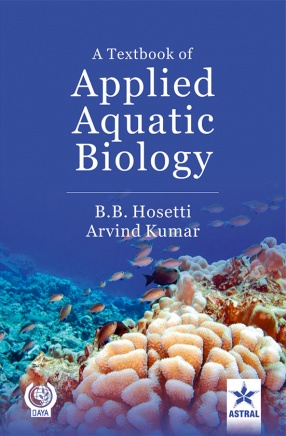
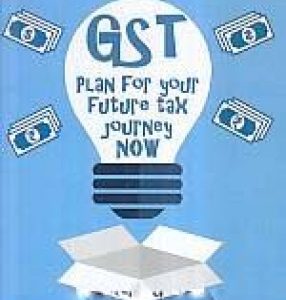
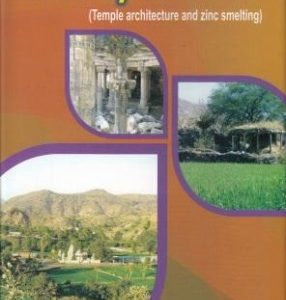
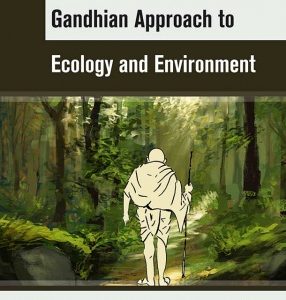
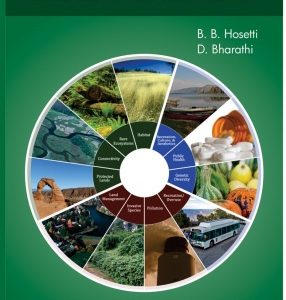
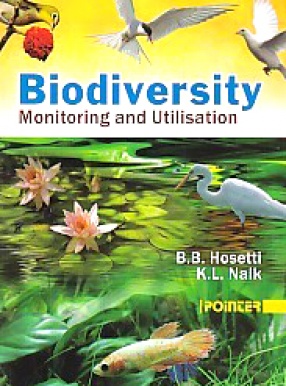
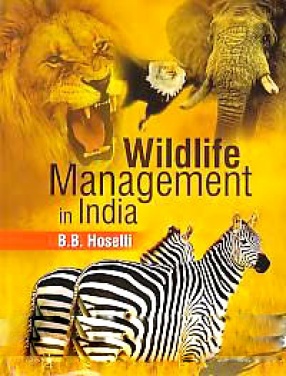
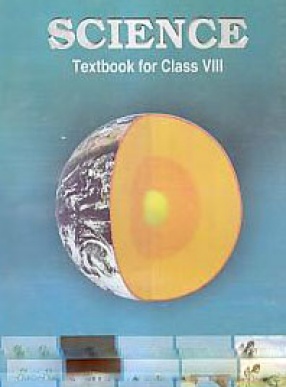
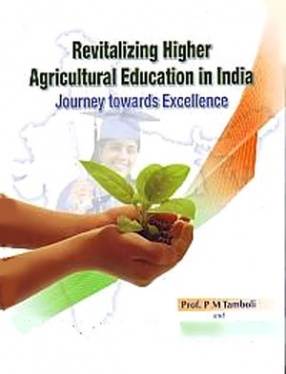
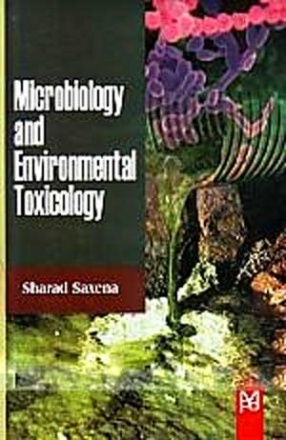
There are no reviews yet.